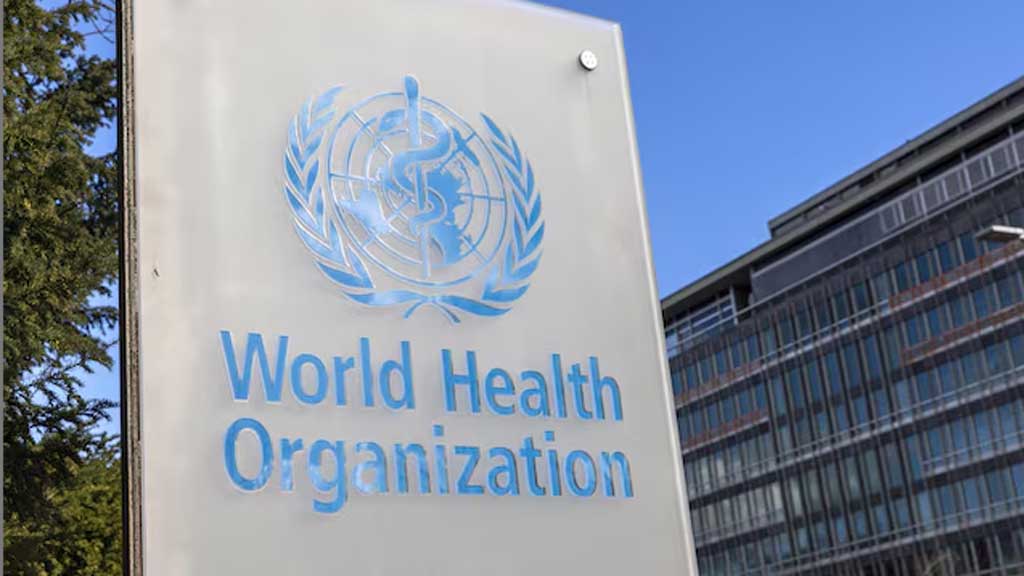The World Health Organization (WHO) has issued an alert regarding falsified semaglutides, medications commonly used for treating type 2 diabetes and weight loss in certain countries.
In a statement released on Thursday, WHO highlighted three specific falsified batches of the semaglutide brand Ozempic. These counterfeit products were detected in Brazil and the United Kingdom in October 2023, and in the United States in December 2023.
The WHO Global Surveillance and Monitoring System (GSMS) has reported a rising number of falsified semaglutide cases across various regions since 2022. This alert marks WHO’s first official notice following the confirmation of some of these reports.
Dr. Yukiko Nakatani, WHO Assistant Director-General for Essential Medicines and Health Products, advised healthcare professionals, regulatory authorities, and the public to be vigilant regarding these counterfeit batches. She urged stakeholders to cease using suspicious medications and report them to relevant authorities.
“Semaglutides, including the falsified brand, are prescribed to individuals with type 2 diabetes to lower blood sugar levels and reduce the risk of cardiovascular events,” Dr. Nakatani explained. “Most semaglutide products are injected under the skin weekly, but they are also available in oral tablet form for daily use.”
Dr. Nakatani noted that these medications are also increasingly prescribed for weight loss due to their appetite-suppressing effects. However, the growing demand for these medications has been accompanied by an increase in counterfeit reports.
“These falsified products pose significant health risks,” Dr. Nakatani warned. “Without the necessary active ingredients, these counterfeit medications can lead to unmanaged blood glucose levels or weight complications. In some cases, undeclared active ingredients, such as insulin, may be present, leading to unpredictable health risks.”
She further stated that semaglutides are not part of WHO’s recommended treatments for diabetes management due to their high cost. This cost barrier makes them unsuitable for broad public health initiatives aimed at ensuring widespread access to essential medicines.
“There are more affordable treatments available for diabetes that offer similar benefits for blood sugar and cardiovascular risk management,” Dr. Nakatani added.
WHO is currently developing rapid advice guidelines on the potential use of GLP-1 receptor agonists (GLP-1 RAs), including semaglutides, for treating obesity in adults as part of a comprehensive care model. GLP-1 RAs are a class of medications used for lowering blood sugar and supporting weight loss in diabetes treatment.
To protect against falsified medications, WHO advises patients to purchase medicines with prescriptions from licensed physicians and avoid unverified sources, especially online. Patients should check the packaging and expiry dates of their medications and store injectable semaglutides in the refrigerator as recommended.
All notifications of falsified medications can be reported to WHO via rapidalert@who.int.




